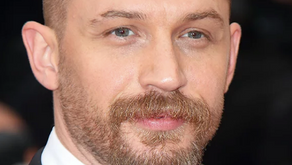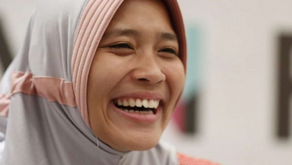Slavery and All-Inclusive, Intersectional Feminism
- realshepower

- Sep 14, 2020
- 2 min read
Did you know that there are over 45 million people trapped in slavery globally? 1 in 4 are children and every hour, 130 people are trafficked. Slavery today involves a number of highly exploitative practices including forced labour, human trafficking, sex trafficking, organ trafficking and state-imposed forced labour, to name a few. Slavery isn’t happening in faraway communities and countries, it is existing in the clothes we wear, foods we eat and potentially even on your high-street.
1 in 4 are children and every hour, 130 people are trafficked.
One core ideology that supports the anti-slavery movement, is intersectional feminism. Women, girls, BIPOC, LGBTQI+ and other marginalised communities are disproportionality affected by slavery due to increased vulnerabilities and hence, higher risks of being exploited. Therefore, an all-inclusive and intersectional feminist is a vital approach to use when addressing slavery today. Slavery is a feminist issue.
71% of victims of slavery and 99% of victims of sexual exploitation are women or girls. The ‘feminist statement’ clothing produced by fast fashion brands, such as Primark, H&M and Zara, is likely to have been made by women and girls toiling in factories in the garment slavery industry. In addition, over 50% of transgender youth globally have been approached by a trafficker.
71% of victims of slavery and 99% of victims of sexual exploitation are women or girls
Feminism is simply the belief that all human beings are born equal and free; that everyone deserves access to equal human rights and fair opportunities. If we are to end slavery in our lifetime, it is crucial that we adopt the fundamental principles and ideologies of intersectional and all-inclusive feminism.

About the Author
Ishaan Shah is a 17-year-old award-winning human rights activist (and student) from the UK. In 2016, he founded Stolen Dreams, an anti-slavery organisation that acts as a bridge between young people and some of the greatest human rights issues of our time. As an intersectional activist, Ishaan also addresses a number of other interlinked global issues including gender inequality, climate change, LGBTQI+ rights, poverty, access to education; all based around the United Nation’s Sustainable Development Goals.


























Comments